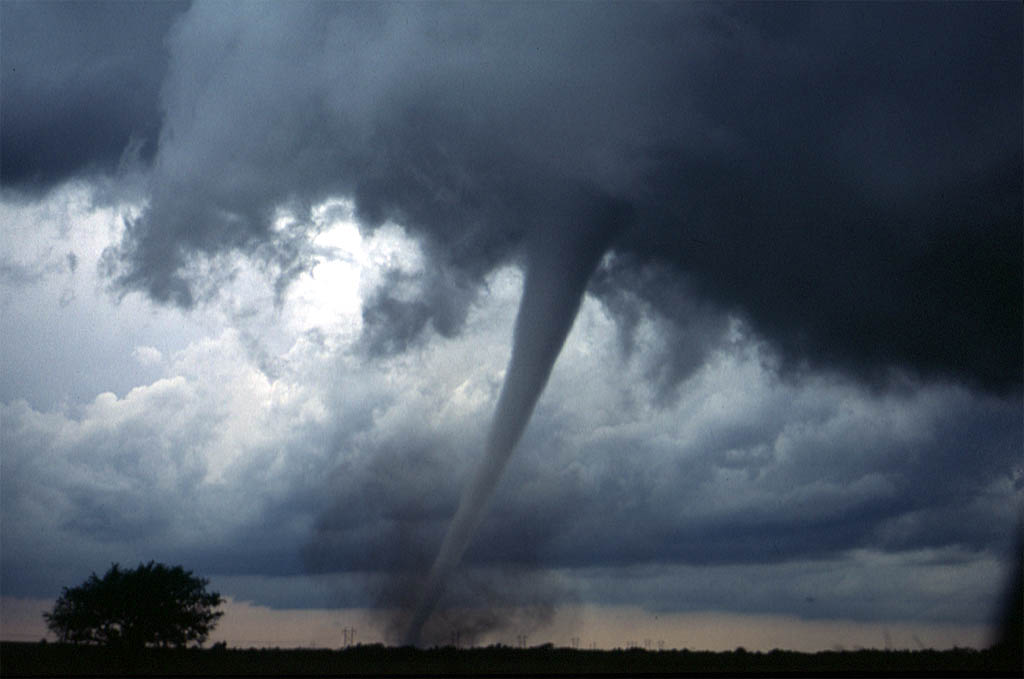Just because we don’t get hurricanes like our neighbors in the southern states, or tornados as often as they do in the Great Plains, there’s still risk of a bad storm or weather system here in Cincinnati (or anywhere). But is your home prepared in the event of severe, inclement weather?
If you remember the tornado that struck Blue Ash in 1999, or the wind storm in 2009 caused by Hurricane Ike, you can understand why it’s very important to have a plan to make sure your home and your family stays safe when the storms roll in.
You’ve put considerable time and finances into your Cincinnati home. A plan for inclement weather doesn’t have to be extensive or expensive, nor does it have to take a lot of time to put it in place. In fact, with just a little bit of time spent checking important areas of your home like your roof, and by having everyday items on hand like flashlights (and batteries), you can prevent bad weather from causing significant damage and costly repairs.
Your home is one of your most prize possessions, after all. Here’s eight tips to protect it when the weather reports tell you it’s time to run for cover.
Start with the outdoors
One of the biggest causes of damage to homes during storms is fallen tree limbs. Check your trees to make sure the branches are secure, especially if they’re covering a part of your home like the roof, garage, driveway, or a power line. Make sure to trim or cut down any limbs that are dead. And if you aren’t sure, call a professional tree service who can pinpoint troublesome branches and make sure your trees are safe enough to withstand storms.
Secure or bring in patio furniture and plants
If your patio furniture is made of heavy material such as steel, cast iron or heavy wood, make sure it’s secure. To further protect it, consider covering the furniture with a heavy waterproof tarp secured with bungee cord, sandbags or stakes. If your furniture is lightweight, take it inside to the basement or, if there’s room, to the garage.
Bring in your plants too. As well as any outdoor candles and lamps, pillows, and other loose items that can be damaged or picked up by the wind during a storm. We recommend having an inexpensive storage bin on hand to gather the items quickly.
Check your roofing
Roofs can really take beating during storms. Spring is a great time to do a roof inspection to make sure the shingles and gutters are secure for the wind and thunderstorms that roll in around April. We suggest hiring a roofer to take a look and make repairs, while the gutters may be something you can check quicker and easier on your own.
Have flashlights and batteries in easy access
While flashlights are essential for homeowners if the electricity goes out, they won’t do you any good if you don’t know where they are or if you don’t have them where you can reach them when you can’t see. Make sure the flashlights are equipped with new batteries. We also suggest LED flashlights and rechargeable lanterns.
Invest in surge protectors
It takes less than a second for lighting to strike, but the damage caused by a power surge can be pretty serious. Surges have been known to destroy computers and other electronics, costing you lots of time and money to replace them. Instead, stay worry-free during storms by investing in a surge protector. Alternatively, you can also simply unplug your electronic devices to make sure they stay safe during a lightning storm.
Inspect your plumbing
Rainfall can do significant damage to your home, so it’s essential to check your gutter’s downspouts to make sure they’re driving water away from your home’s foundation.
Additionally, if you notice any water in your basement after a heavy rain, you’ll want to have a plumber inspect the pipes to make sure the ground around them hasn’t shifted and caused a crack. While this is normally a problem in older homes, it’s still important to watch for any leaking water in new homes, too, especially if the rainfall was significant.
Have a safe place ready
If you have a basement, dedicate a space in close to the center for safety when a tornado strikes. Make sure that the space is cleared and equipped with needed supplies. If you do not have a basement, the same holds true about having a location near the center of the home.
Know what’s covered
Make sure your home and your valuables are covered at the full value. You may also want to invest in flood insurance. Take photos of your valuables, yard and rooms in your home so that in the event that your cherished belongings or house and property gets damaged from weather, it will be easier for your insurance company to approve the coverage.


